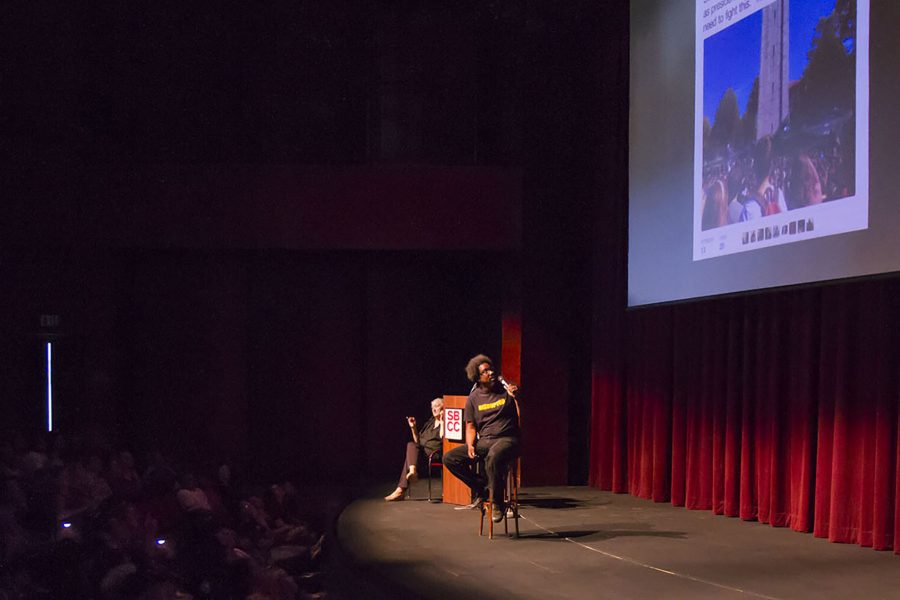The violence in Syria has been growing for over two years, and now that the use of chemical weapons was proven, the United Security Council is striving for a resolution.
Between the United States who supports a military intervention in Syria, and Russia who cannot swallow the idea of attacking its Syrian ally, their approaches differ greatly.
A foreign military intervention in Syria would only add fuel to the flames, and getting Syria’s chemical weapons arsenal under international control would be a significant step forward, even though it would not ultimately resolve the conflict.
The U.S. government has been playing a dangerous game by providing support to the Syrian rebels. There is no guaranty that those weapons won’t be used against the interests of the United States.
The Syrian crisis started in March 2011 when dozens of protesters died under the fire of security forces after youths were arrested for writing political graffiti in Daraa, a city just north of the border of Jordan. Although the conflict grew from this minor altercation, it has since bloomed into something far beyond its meager beginnings.
According to an article published by the New York Times in April 27, 2013, among the most extreme groups fighting the al-Assad regime “is the notorious Al Nusra Front, the Qaeda-aligned force declared a terrorist organization by the United States, but other groups share aspects of its Islamist ideology in varying degrees.”
After 12 years of a war against terrorism and countless casualties this is where we are; shipping weapons to those same terrorists.
The conflict has evolved over the past two years. Many rebels not only fight the dictatorship of al-Assad, but they fight for an Islamic state where Shariah can be applied. According to PolicyMic, Syria counts 74% of Sunni Muslims and 26% of others including Christians and Jews. Shariah would not be a problem if 100% of the Syrians were Muslims, but this is not the case.
By helping the rebels, the international community is putting the future of millions of Syrian who have been protected by al-Assad’s regime to this day into jeopardy.
Even though the reason for the tension is primarily political, the differences between Alawites and Sunnis in Syria have sharpened dangerously since the beginning of the uprising against President Bashar al-Assad, whose family is Alawite.
The hatred between these two Muslim communities–which fundamental conflict goes back to the death of prophet Mohamed in 632–has been growing since 2011. If the rebels do eventually overthrow the regime, the risk of reprisals for the Alawite community is high; a problem that the United Security Council has to considered before taking any actions.
Bashar al-Assad is a dictator at the head of an authoritarian regime. But that was already the case before the United Nations started investigating on the supposed use of chemical weapons of August 21. Syrian citizens had been dying, starving and fleeing their country due to the conflict for two years already. Yet, no one did a thing.
There is no miraculous solution concerning the Syrian conflict, as there are no ‘good’ or ‘bad’ guys. Both the rebels and al-Assad’s regime have committed crimes, and the conflict today involves ideological differences that no foreign military intervention would ever solve.
I rather believe that sending foreign military forces would only add to the violence and enhance extremism in the region. Therefore, the best hope for peace is to contain the war and move Syria’s chemical weapons arsenal under international control to maintain a diplomatic dialogue with President al-Assad’s regime.
This is the least of the bad solutions for a sustainable peace.













